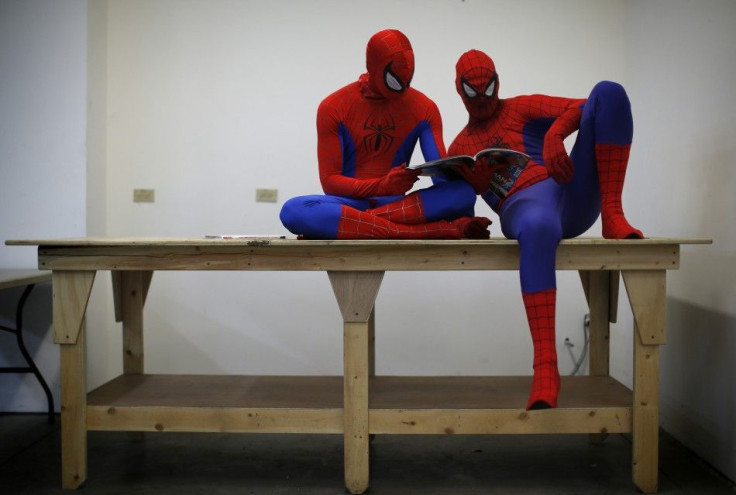US Supreme Court’s Ruling On Patent Vs Royalty Case Invokes Spider-Man Quotes To Uphold Status Quo

A patent case connected with the Spider-Man has led to an interesting judgment from the U.S. supreme court, where the judge departed from the conventional jurist lingo and delivered a verdict, profusely sprinkled with allusions and superhero references from Spider-Man. The case pertained to a dispute between entertainment company Marvel and the inventor of the web-shooting toy, Stephen Kimble, on the matter of royalty payments.
Giving the majority opinion of Kimble vs Marvel Enterprises case, Justice Elena Kagan made use of the object Spider-Man itself in driving the message as a “web-slinging fun” and said “with great power there must also come - great responsibility," referencing a famous line from the comics.
Patent Expiry
At stake was the question faced by the company Marvel, whether it should continue royalties to the toy's inventor after the patent on the toy expired in 2010. The inventor sold the patent on the toy to the entertainment company in 2001 under an agreement that he should get royalty payments. But, when the patent expired, Marvel stopped payments, citing a high court's ruling dating back to 1964 in case known as Brulotte v Thys Co. By this time, Kimble had already earned more than $6 million in royalty fees from Marvel.
Kimble took the matter to court with an argument to overturn the erstwhile judgment that barred payment of royalties once the patent expires. Justice Kagan acknowledged that the court can overturn its own precedents but justices "should exercise that authority sparingly." With a flurry of allusions to the comics, the justice wrote, “the parties set no end date for royalties, contemplating they would continue as long as kids want to imitate Spider-Man by doing whatever a spider can," resonating the theme song from the 1967 Spider-Man television program with lyrics-"Spider-Man, Spider-Man, does whatever a spider can".
The judgment stood out as a relief from the oft quoted musty edicts of bygone centuries and sheaves of legal reasoning. It began like this, “In 1990, petitioner Stephen Kimble obtained a patent on a toy that allows children (and young-at-heart adults) to role-play as ‘a spider person’ by shooting webs –really, pressurized foam string – ‘from the palm of [the] hand.” In a consolatory tone to the inventor, yet in assertive lines the judge concluded, “patents endow their holders with certain superpowers, but only for a limited time.”
(For feedback/comments, contact the writer at k.kumar@ibtimes.com.au)



















